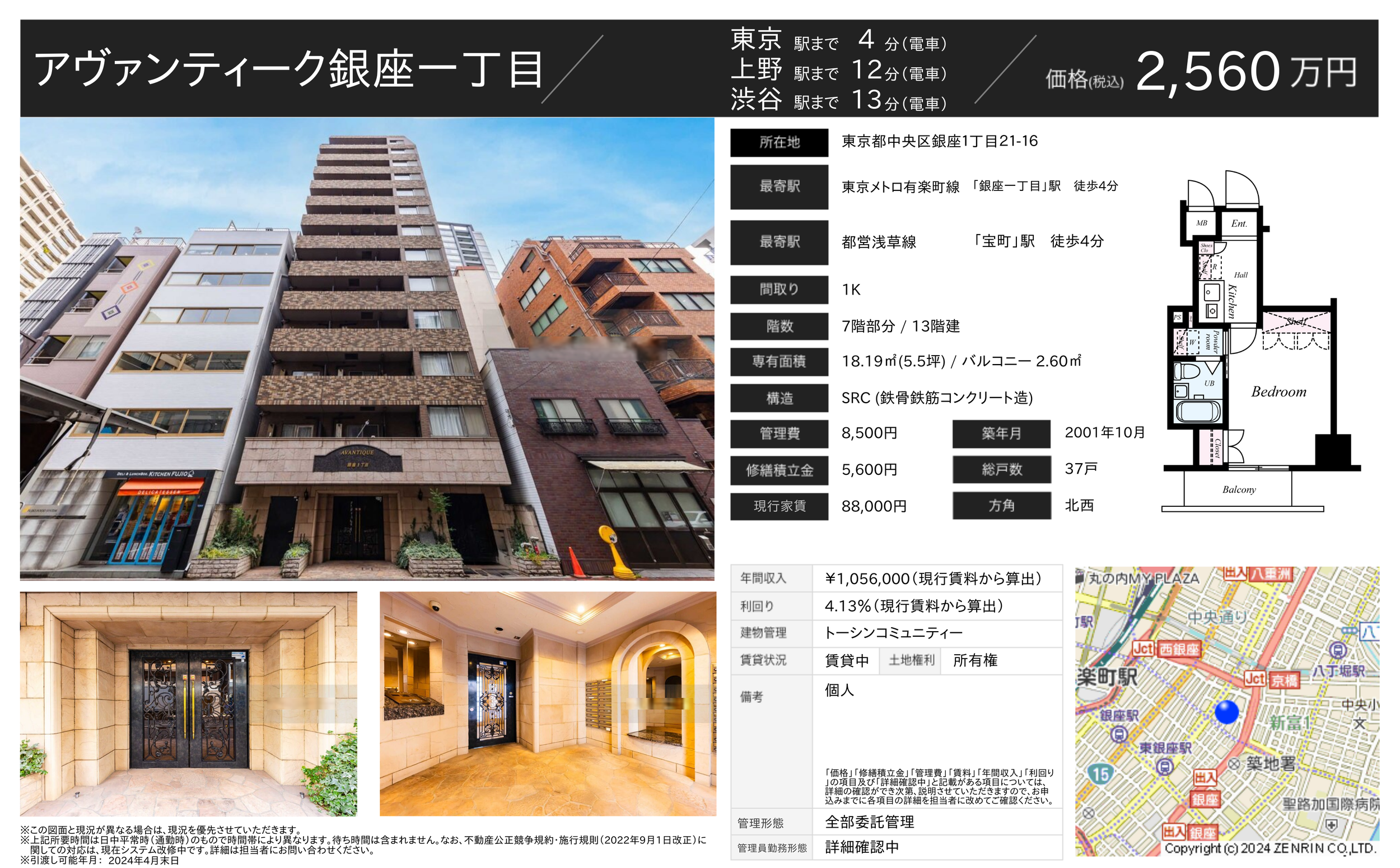
Everything You Need to Know About Japan Real Estate
Understanding “Akiya” in Japan: Opportunities and Realities
Akiya — or “abandoned homes” — have gained international attention for their low prices and government revitalization programs. While these properties can seem like hidden gems, they come with unique challenges that make them suitable only for specific investors.
Why Foreign Investors Choose Japan’s Real Estate Market
Japan stands out as one of the most secure and transparent real estate markets in Asia. For foreign investors, it offers both peace of mind and long-term opportunity.
What Foreigners Need to Know About Japan’s Rental Market
Japan’s rental market is unique, and understanding its culture and systems is key to successful investing.
Why Not To Invest Outside Japan’s Metro Areas?
At first glance, properties outside major cities in Japan can seem like bargains. But what looks affordable on paper often carries significant risks for investors—especially those based overseas.
Can Foreigners Buy Property in Japan for Airbnb?
Japan is one of the world’s most visited countries, and many investors wonder if they can buy property to run as an Airbnb. The answer is: yes, but with important rules to understand.
Understanding Income Capitalization in Japanese Real Estate
The income capitalization approach is one of the most common ways to evaluate investment property in Japan. Instead of focusing only on purchase price, it looks at a property’s ability to generate income.
Gross Yield vs. Net Yield in Japan Real Estate
When looking at property investments, you’ll often see “gross yield” (表面利回り) advertised, but the number can be misleading. The true return is better understood by calculating “net yield” (実質利回り).
Peace of Mind Advantages of Japan Real Estate vs. U.S.
Japan real estate offers investors peace of mind through reliable rental income, cultural integrity in tenant behavior, transparent land data, and strict building safety—reducing the emotional and financial stress that often comes with U.S. real estate.
Understanding Fees and Taxes + Ongoing Costs of Owning Property in Japan
Understanding costs upfront ensures your investment stays profitable and free of surprises. Japan’s tax system is straightforward once broken down into categories.
The Japan Property Listing Information Explained
Japanese property listings are packed with details, abbreviations, and terms that can confuse first-time foreign investors. By breaking them down, you’ll be able to interpret listings with clarity and confidence — and avoid missing key insights that affect value and rental demand.
Understanding The Japanese Property Layout
Japanese apartments and houses often use unique layout notations (like 1R, 1K, 1DK, 1LDK, 2LDK) that can confuse foreign investors. By learning this system, you can quickly assess how livable a property is, and how attractive it will be to future renters.
How Transit Access Impacts Property Investment in Japan
Japan’s extensive train and subway network shapes property prices and rental demand more than almost any other factor. Understanding transit access is key to smart investing.
Unlocking the Advantages of Property Depreciation in Japan
When investing in Japanese real estate, one concept that works strongly in favor of investors is property depreciation. While many people think of depreciation as a “loss of value,” the market value often depends more on location, demand, and quality. It often becomes a powerful tool for reducing taxes, enhancing cash flow, and planning smart investments.
How Japan’s Earthquake-Resistant Building Standards Protect Your Investment
Earthquakes are a reality in Japan, but strict building codes make properties remarkably resilient. For investors, this means long-term security and tenant confidence.















